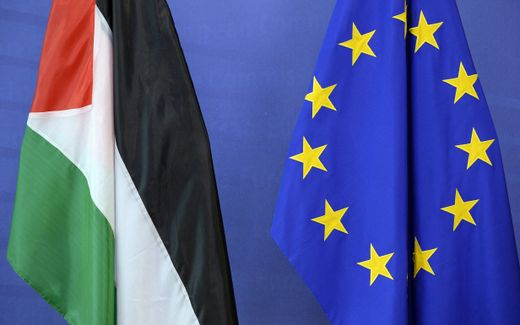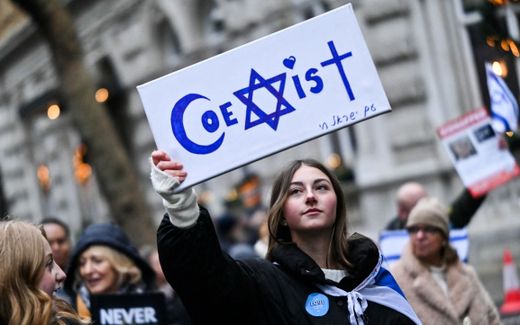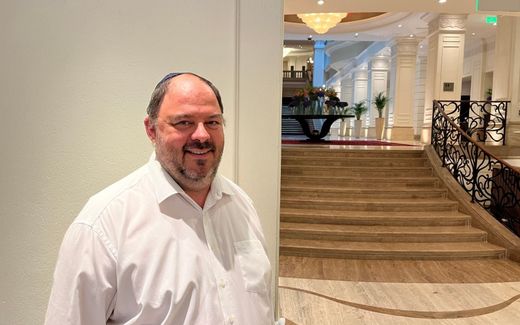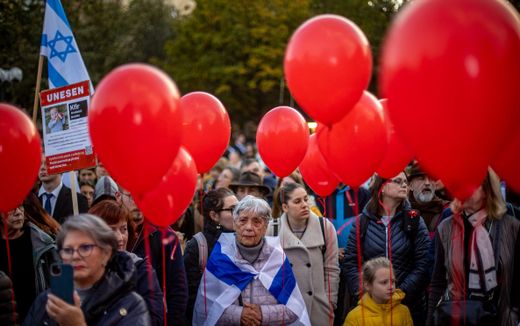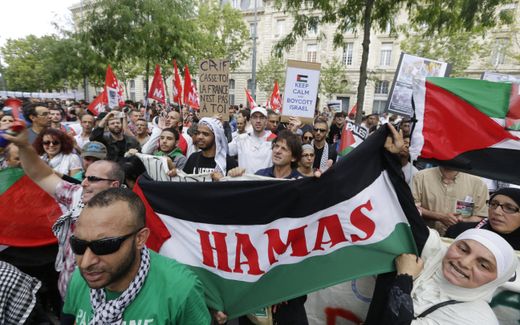Israeli MP asks European Parliament to stop funding UN organisation
08-12-2023
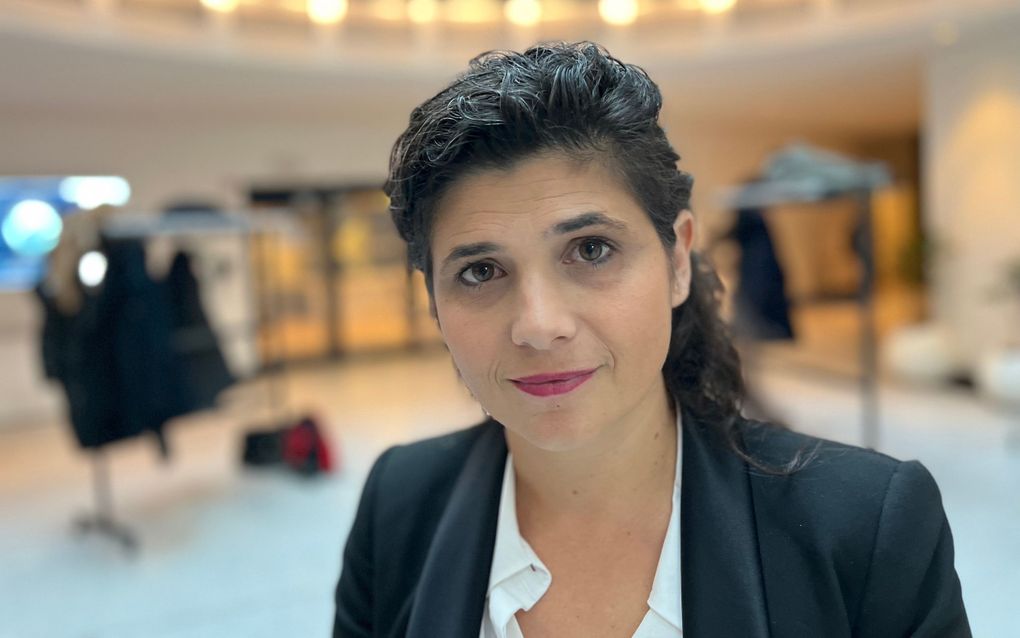
Sharren Haskel this week on her visit to the European Parliament in Brussels. Photo CNE, Evert van Vlastuin
Education, education, education. That’s the only way to get out of radicalisation. Not only in Europe but also in the Middle East.
That said the Member of the Israeli Knesset, Sharren Haskel, this week in the European Parliament. She visited Brussels for the yearly European Prayer Breakfast (EPB). In the margin of that, she also spoke to CNE.news.
Christian Allies Caucus
Haskel is chair of the Knesset Christian Allies Caucus (KCAC). This group is connected to “more than forty” Christian caucuses in parliaments around the world, Haskel says. The aim is to build bridges between Jewish and Christian communities.
“We are promoting faith-based diplomacy. And we promote our shared values of democracy, liberty, freedom, equality.”
The Israeli Knesset caucus consists of 19 members of the 120 members.
Haskel (born 1984) came into the Knesset in 2015 as a member of Likud. Later, she changed to New Hope (Tikvah Hadashah). She is a vegan and environmentalist and is known for her liberal views regarding legalising marijuana and LGBT rights. This week, she spoke in the European Parliament about de-radicalisation in the Palestinian-Israeli conflict.
What plan do you have?
“Oh, where do I start? To sum it all up: education. That’s the key.
We have to educate the younger generation to coexistence, to peace, to tolerance, and to fight racism. There is so much racism and radicalism in the education system at the moment, not just in Gaza and the West Bank but in the Middle East as a whole.

And we have to fight it because a whole generation is raised on the values of radical Islam. That says that martyrdom is an honour that needs to be achieved. That is a global threat to all of us.
I don’t believe this is the way of Islam. Islam cannot justify the attacks on the 7th of October. But these are radicals like ISIS who are looking for a Sharia dominancy and a radical Islam dominancy over the world. And that’s why Jews have to be eradicated from Israel.”
Demonising
Against this background, Haskel has come to ask the EP to stop funding UNRWA (United Nations Relief and Works Agency for Palestine Refugees in the Near East). This is a particular United Nations body that looks after Palestinian refugees, and that has become very controversial in Israel.
The problem of UNRWA is that it “demonises Israel”. In the panel meeting, she shows a textbook that glorifies violence and terrorism.
In the interview, she stresses “the need for reform in UNRWA”. The main problem is that the organisation has a different definition of a refugee than the UNHCR, the usual UN body for refugees. The children and grandchildren of refugees still have the refugee status so that the problem gets bigger by the day. “By doing that, they actually eternalise the Israeli-Palestinian conflict.”
The Palestinian refugee camps do not consist of tents but are complete towns with all the necessary facilities. UNWRA is responsible for the education there as well. And that is the problem. “UNRWA’s education system is educating towards racism and martyrdom.” According to her, UNRWA carries part of the responsibility for the October massacre. Because of this, she thinks the EU should stop funding this UN body.
You say, education is the key in de-radicalisation. But if an adult person has received the wrong education in the past, what’s your advice?
“That is not easy. But it is about spreading values. It is about the shared values of freedom, democracy, and acceptance of accepting one another.
In our region, this has to do with the acceptance that Israelis will not go away. We stay there. Both Jews and Palestinians have to coexist with each other. For that acceptance, we need leadership. And unfortunately, right now there isn’t that kind of leadership.”
You are from Israel. You are here in the European Parliament. In Europe we have to deal with polarisation and populism. What’s your message to us?
“I think that we are in difficult times where social media amplify a lot of populism. People look up to us and take examples from us as leaders and representatives. We have to speak on facts, on history, on truth. Otherwise, we become part of the problem and do not bring the solution.”
But social media are there. We cannot switch them off. So, what can we do?
“Speak the truth. Bring the facts. Debunk all propaganda and lies. And hold representatives accountable if they are spreading that.”
But by doing that, we might add to the polarisation.
“It is our responsibility to minimise that. I’ve been in parliament for eight years. And I’ve taken a few blows.

But telling the truth does not add to the polarisation? The algorithm of social media does that. The algorithm brings you to the bubbles that you’re interested in. That only reflects your world and not the other person’s world.
The only way to fight that is to create more personal discourse and conversation with people we disagree with. If we cannot speak to disagreeing people, then polarisation grows. And so it is part of our responsibility to create these conversations.”
Related Articles


